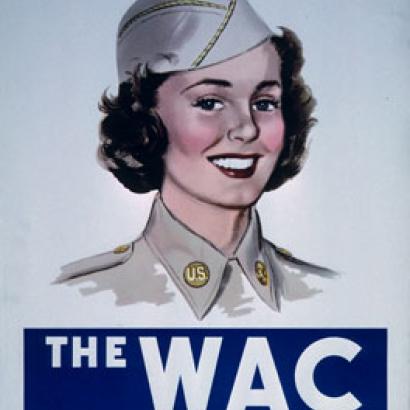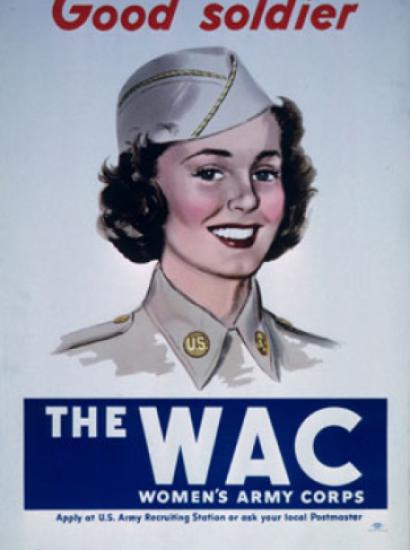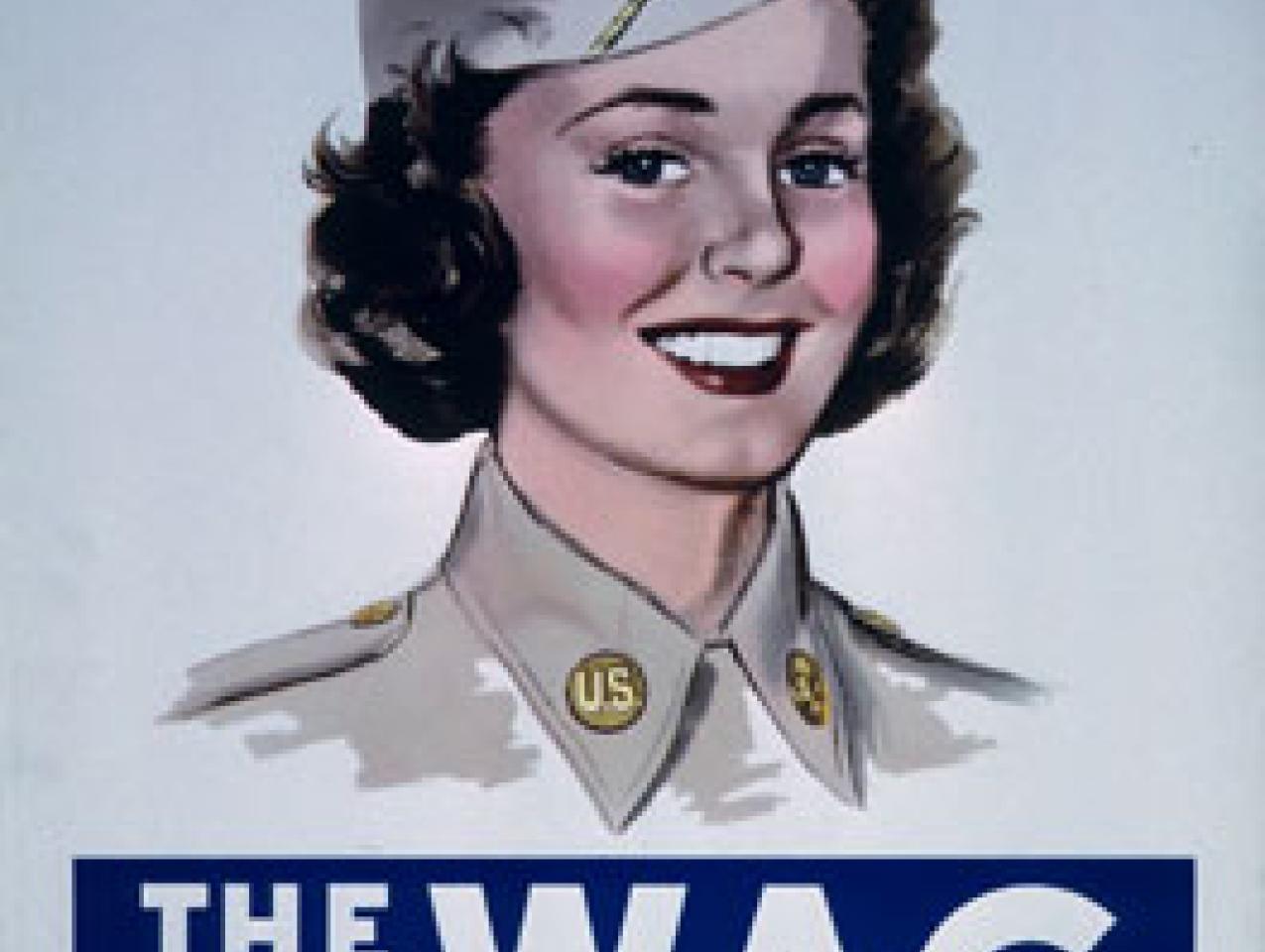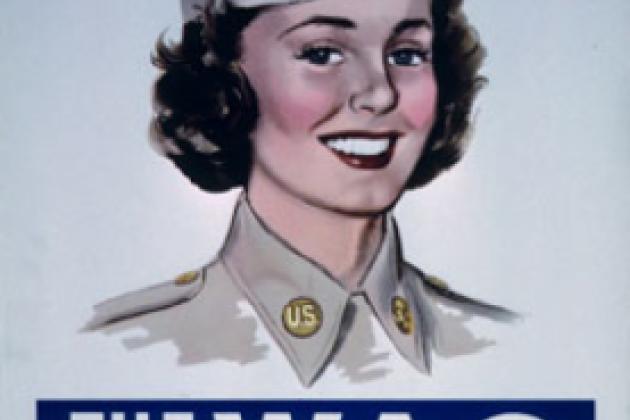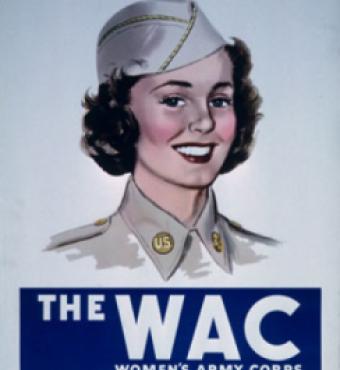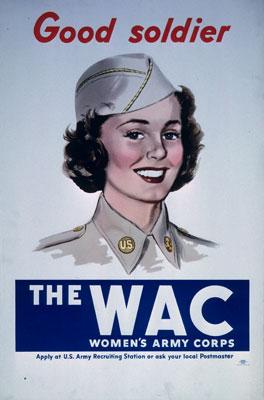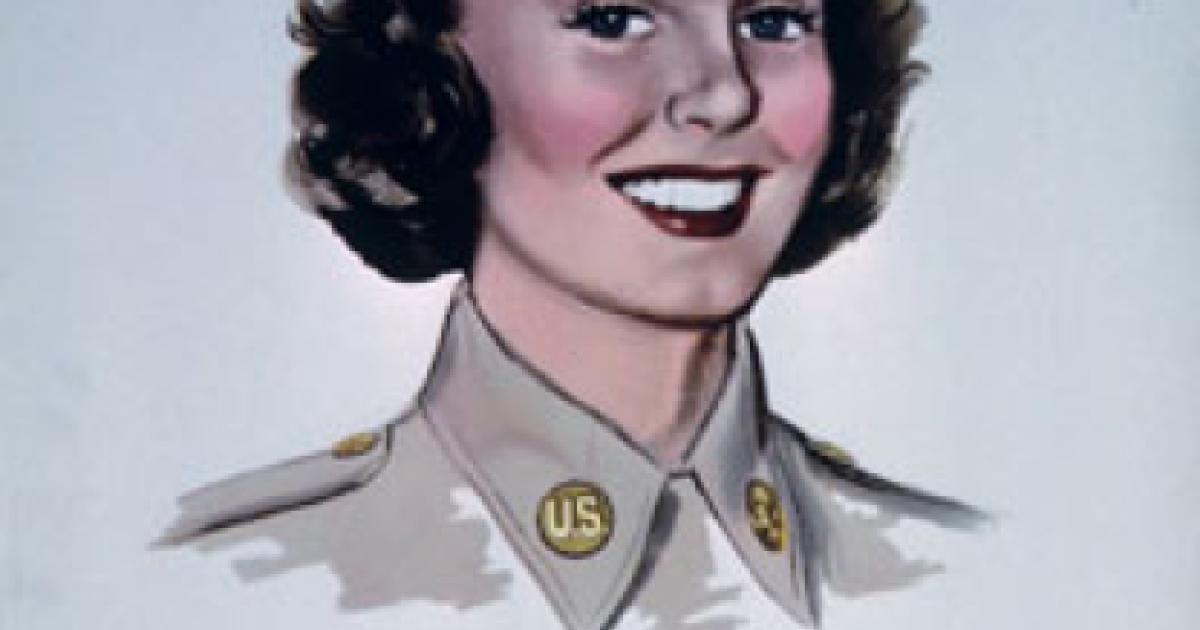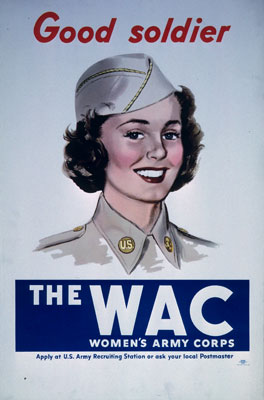
Not long before leaving his job as Secretary of Defense, Leon Panetta announced that women would be eligible for service in all branches of the military establishment, not excluding duty in the “combat” arms, and not, specifically, excluding duty in infantry units, Army and Marine, in direct combat with an enemy. Among the influences driving the Secretary’s order was the presumption that female officers and senior non-commissioned officers would likely continue to be under-represented in the most senior grades: ground combat remaining the sine qua non among criteria ordinarily used in judging fitness for promotion.
“Where fear of consequences is greater than love of truth,” wrote John Stuart Mill, “there can be no philosophy.” When supporters of regular assignment of women to infantry units base their arguments on facts and reasons other than likely performance in direct combat (as members of infantry squads and platoons) they furnish proofs of Mill’s observation. Their minds are made lawyers to their wills. Their arguments are factitious: placed at the service of goals extrinsic to a central (although not the) central purpose, for which the Army and Marines exist. “Political pressure,” steadily and forcibly applied within the military chain-of-command by ambitious senior officers anxious to support what they sense the larger political culture wants, serves only to discourage honest debate: by fear of consequences.
For the vast range of military and naval duties and missions, women–it is a truism–are as well-qualified as men. No one doubts this. Nor should their exclusion from service in infantry units deprive them of full and equal opportunity for promotion to the highest uniformed ranks in all the armed services. There are serious problems, however, with assigning women to infantry units. The litany of these is familiar. Discussants are reluctant to acknowledge them because they are afraid of what people will think of them: that they are Right Wing; that they are anti-feminist; that they are out-of-date and out-of-touch. Schemes are contrived to prove that women are just as capable of ground combat service as men: the criterion of proof is not, however, combat efficiency; it is whether women are “accepted” by the soldiers in the units to which they are assigned; these units are and will always be, overwhelmingly male: the mix–say, twelve to one–will itself be a significant “issue.” John and Marcia will develop tender feelings for each other: unignorable, emotional chemistries which compromise the communitarian bonds that unite male soldiers in pursuit of common missions: trying to kill armed enemies, often at close range, and sometimes even in “hand to hand” combat.
Marine Commandant, General James Amos (a Marine aviator by specialty) endorses the goal of women’s assignment to some combat jobs, including in tank and artillery units by early next year (2014) [New York Times March 29, 2013]. As for infantry service, he promises fair and comprehensive trials of endurance and strength. Those who pass, for example, the 86-day Infantry Officer Course, “which is viewed with special reverence within the corps,” will be eligible for assignment as infantry platoon commanders. The course will not be (in a phrase rarely heard without a shudder) gender-normed: that is, deliberately contrived to allow deficiencies in certain areas of strength and fitness to be “made up for” by strengths in others–aptitudes with which male and female physical endowments are plainly different.
There will be different kinds of tests for the more senior–indeed the most senior–Army and Marine generals: tests of character: their willingness to stand up and say, at the hazard of another star or two, to their civilian superiors: “It doesn’t work. I understand and respect your determination to make it work, but it doesn’t.” Or, equally difficult, if evidence substantiates the argument that women can serve successfully in combat units: “It does work.” Give it a final fair test. As fair as you can make it. Get at the real truth. Say the truth, fight the consequences.







